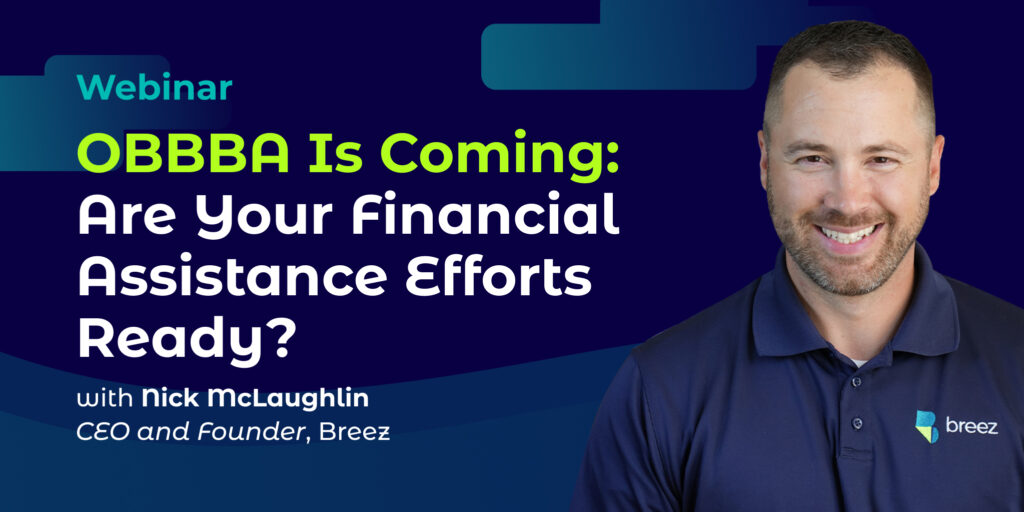The following is an excerpt from a Fierce Healthcare guest column by Breez CEO Nick McLaughlin.
One of the most powerful components of the Affordable Care Act (ACA) was the mandate that nonprofit hospitals provide an income-based financial assistance program. But 10 years after the passage of the law, more than half of patients don’t know these programs exist.
This knowledge gap is causing an unnecessary amount of suffering for both patients and hospital revenues—and is one of the reasons medical debt is the leading cause of bankruptcy in the U.S. I saw this suffering firsthand while working as a hospital debt collector for over a decade. I also saw that most patients in collections would have qualified for financial assistance but either didn’t know about it or didn’t complete an application.
This disconnect is a burden for hospitals as well. The fact is that very, very few bills that go to collections ever get paid, especially for lower-income patients who qualify for financial assistance. It’s better for the hospital’s bottom line to leverage patient-friendly financial assistance screenings—which can lead to discounted balances the patient can afford, or discovery that a patient is eligible for Medicaid or other potential third-party reimbursements—than to spend time and resources trying to collect balances that patients cannot afford to pay. As an added bonus, effective financial assistance policies help hospitals avoid negative press.
So why does this problem still persist so long after the passage of the ACA? Hospitals have a seemingly ever-mounting list of challenges to deal with and have yet to recover from the strain of the pandemic. Who can blame them for not yet perfecting their financial assistance program when they are in the midst of staffing shortages, overcrowding and other pressing issues?
But as the cost of care soars, hospitals and their patients can’t afford to wait any longer to make these programs work the way they are supposed to.
Continue reading the full Industry Voices—Why Hospitals Must Prioritize Patient Assistance in 2024 article on Fierce Healthcare.



